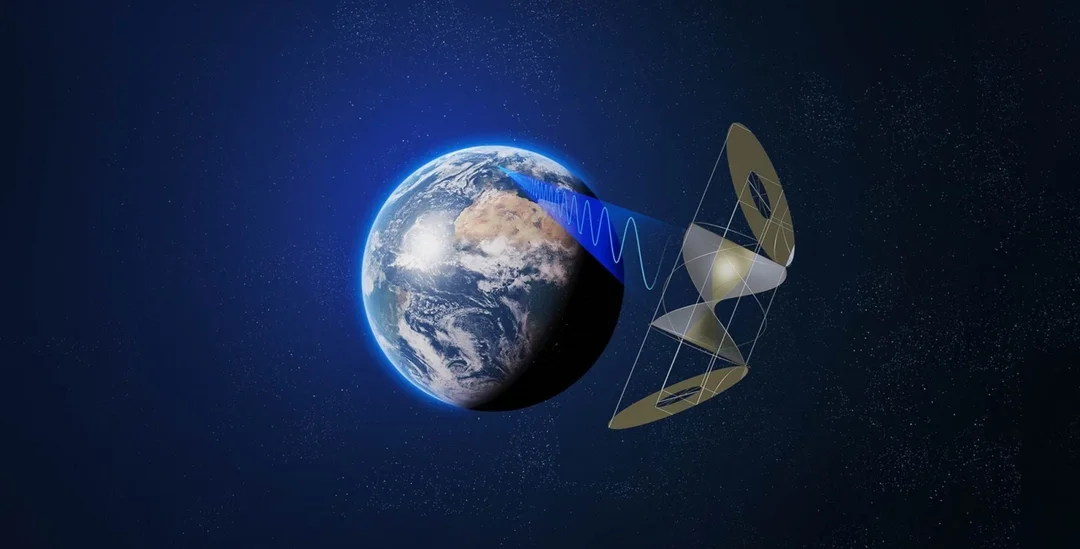
Space-Based Solar Power: Is This the Future of Clean Energy? NASA, Japan, and the UK Are Betting On It
The quest for clean, sustainable energy sources is intensifying, and the concept of space-based solar power (SBSP) is gaining serious traction. What was once considered science fiction is now the focus of substantial research and development efforts by major players like NASA, Japan, and the UK.
This article delves into the latest advancements in SBSP, exploring how harnessing solar energy from space could revolutionize our planet's energy landscape. Could Konstantin Tsiolkovsky's century-old theory become our energy future?
NASA Validates a Century-Old Theory
Back in the 1920s, Russian scientist Konstantin Tsiolkovsky proposed the idea of collecting solar power from space. This concept, using orbiting mirrors or satellites to direct energy to Earth, remained theoretical due to technological limitations. However, as technology advances, it is becoming very tangible. NASA has begun to prove part of his theory is fact.
Now, Tsiolkovsky’s theory has evolved into Space-Based Solar Power (SBSP). The idea involves placing massive solar panels in orbit to capture sunlight 24/7, free from atmospheric interference, and beaming the energy wirelessly back to Earth.
Challenges remain, including deploying these space discs, converting the energy for efficient transmission, and ensuring safety. NASA and other agencies are exploring laser-based or microwave beams directed at ground-based antennas (rectennas) for reconversion into electricity.
Japan's OHISAMA Project: A Ray of Sunlight from Space

Japan is actively pursuing SBSP through the OHISAMA project. Spearheaded by Japan Space Systems, this initiative launched a 180 kg satellite orbiting at 400 km. Equipped with a 2 m² solar panel and a storage device, the satellite will collect energy and transmit it to Earth via electromagnetic waves. A receiving station in Suwa, Japan, with 13 antennas covering 600 m², will convert the energy into electricity.
"This mission marks a decisive step towards space-based solar power plants that provide clean energy regardless of the earthly weather," said Koichi Ijichi from Japan Space Systems.
Initial tests involve transmitting 1 kW of energy. If successful, large-scale systems could eventually produce up to 1 GW of energy. The project aims to prove the effectiveness of this technology, paving the way for large-scale orbital solar power plants.
UK's Space Solar: Pioneering Wireless Energy from Orbit
British engineers at Space Solar are developing solar panels designed to transmit sustainable energy from space to Earth. They believe this technology is an amazing 13 times more efficient than traditional ground-based panels.
The results of the CASSiDi project - a 18-month study by Space Solar into wireless power beaming, in-space assembly - showcases a modular solar power satellite, Cassiopeia, featuring electronically steerable solar reflectors without moving parts.
Space Solar aims to launch a commercial-scale system delivering megawatt-level power within five years, scaling up to gigawatts by the mid-2030s.
“In just 18 months and £1.7 million of engineering work, CASSiDi has accelerated space-based solar power to a new level of maturity, confirming its potential to become a commercially viable clean energy source within the next few years. We now have the most advanced and capable SBSP design in the world—and a clear, achievable roadmap to commercial reality. This is a game-changer for clean energy,” Martin Soltau, Co-CEO at Space Solar, mentioned.
The Future: Bright or Distant?
Space-based solar power holds immense potential for addressing global energy needs and combating climate change. The challenges are significant: cost, technological hurdles, and the logistics of assembling and maintaining large structures in orbit.
However, with ongoing research and development by organizations like NASA, JAXA and even private UK based companies, SBSP is rapidly evolving from a futuristic dream to a tangible possibility. Could harnessing the power of the sun from space be the key to a sustainable future?
What are your thoughts on space-based solar power? Leave a comment below and share your perspective!